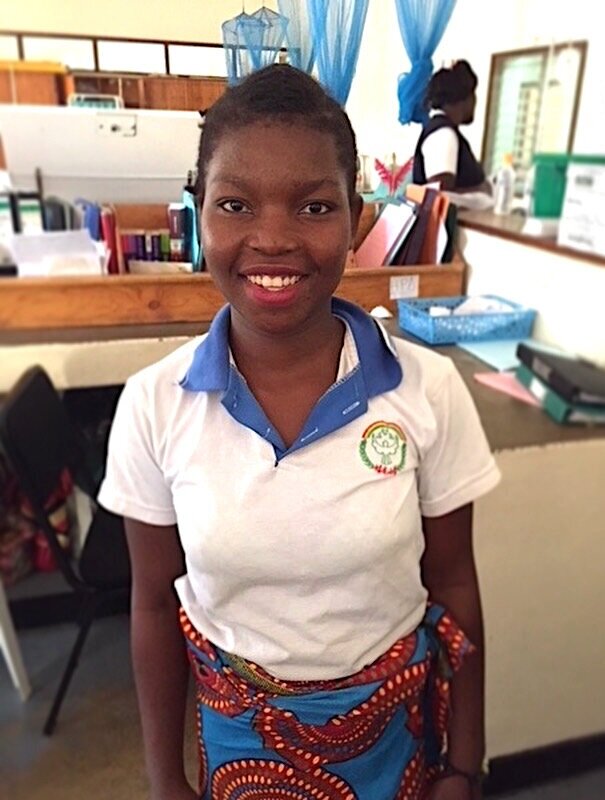Meet Khadiza
Khadiza is from a settlement in Cox’s Bazar, Bangladesh where she lives with her husband and four children. At age 22 she noticed a swelling gradually developing in her neck. It eventually became difficult for her to swallow and eat properly. As her health began to deteriorate, family members became alarmed – but she couldn’t access the medical care she needed.
Khadiza suffered from this condition for seven years! Finally, she was admitted to a public hospital four hours away and received a Thyroidectomy. The procedure cured her difficulty swallowing, but unfortunately led to intermittent convulsions. Her condition continued to get worse, until seizures severely impacted her quality of life. She was unable to care for herself, much less her family.
Waiting another seven years before receiving appropriate treatment would have likely been her fate. But fortunately, she found HOPE Hospital, where she was told they could care for her regardless of her ability to pay. HOPE is a maternal health hospital staffed primarily by OB/GYNs and general practitioners - but due to the partnership with World Telehealth Initiative (WTI), they have access to many additional medical specialists.
The local medical team immediately knew this case required a telehealth consultation with Dr. Joseph Clemente, an internal medicine specialist from New Jersey. Dr. Clemente diagnosed her with a Hypocalcemic Tetany and prescribed her with a required course of medications. With the appropriate treatment, Khadiza regained her health and has returned to the life she enjoyed before her medical complications started many years ago. She is just one example of the many patients exposed to transformational healthcare that WTI programs make accessible.




